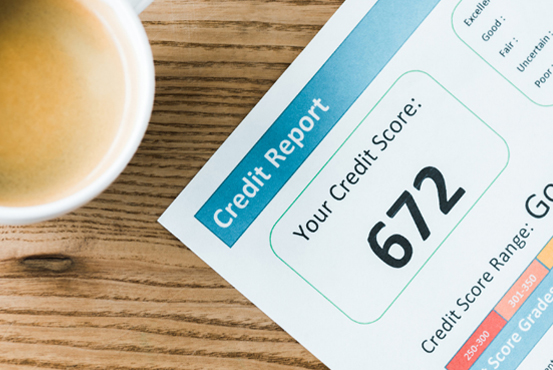Understanding the Importance of Financial Wellness: Building Credit
Tagged as: Credit 101

Understanding the Importance of Financial Wellness: Building Credit
Subscribe to Our Blog
* Required
We appreciate your interest.

Want low rates for purchases, cash advances, and balance transfers? Our Visa Platinum card is for you!
